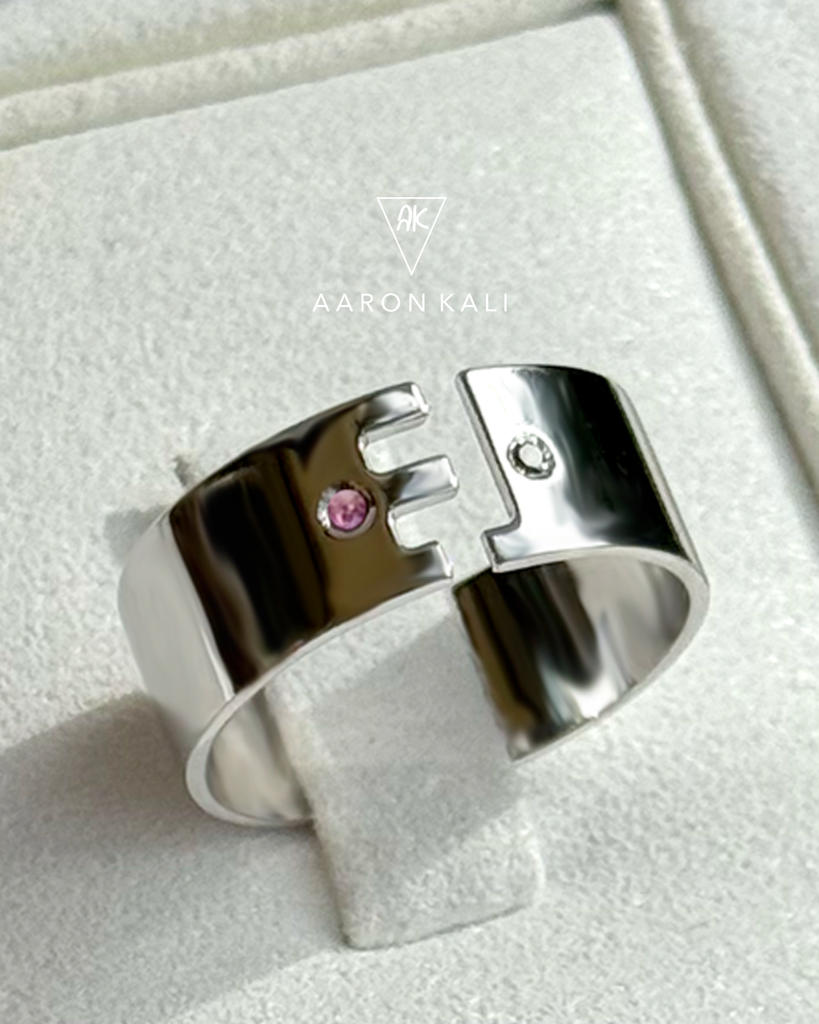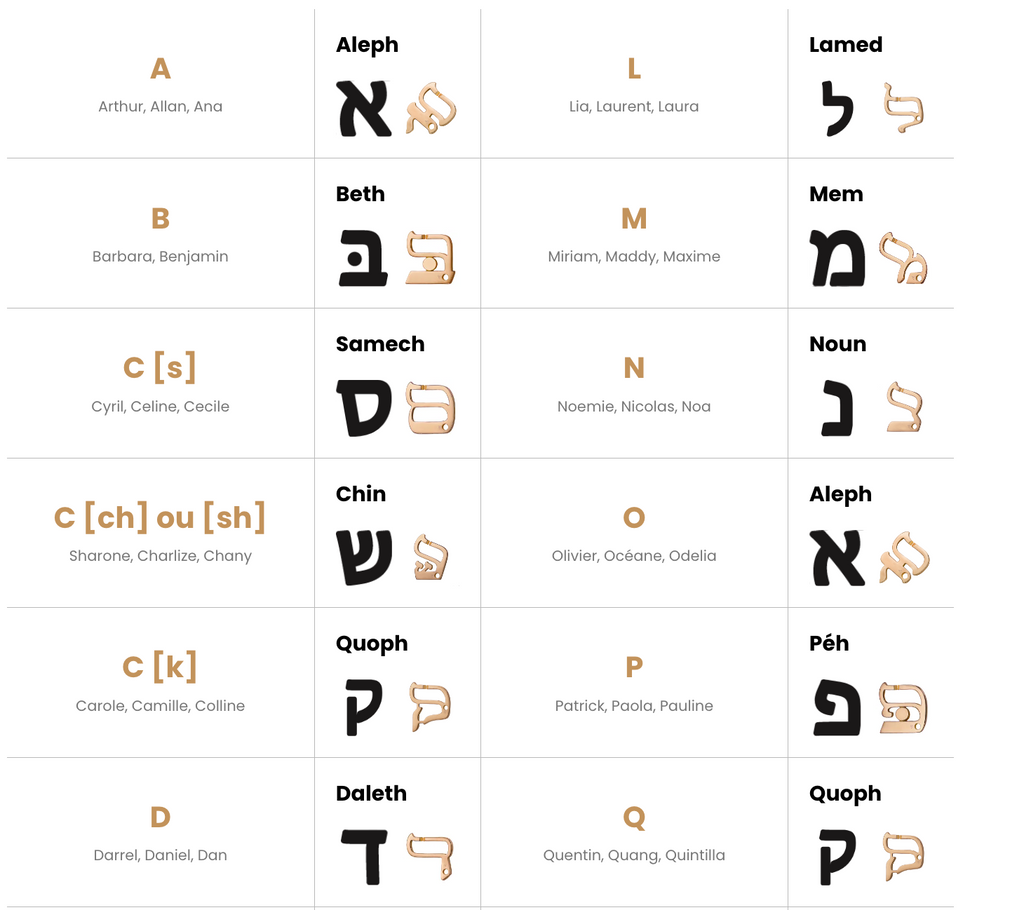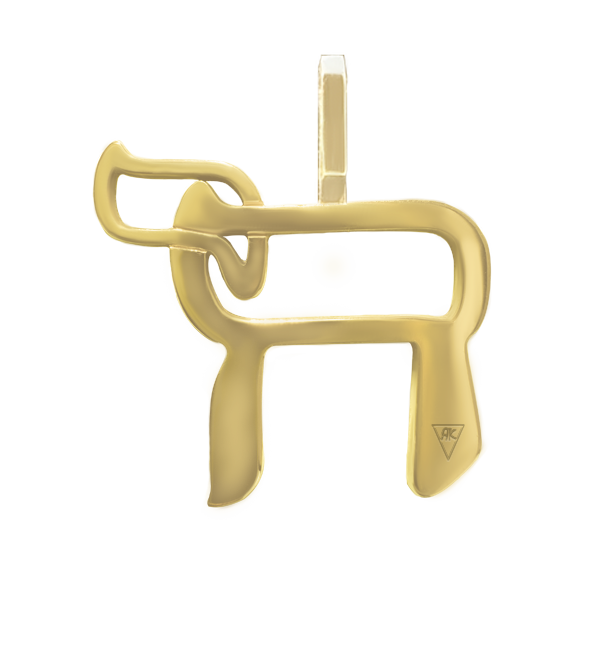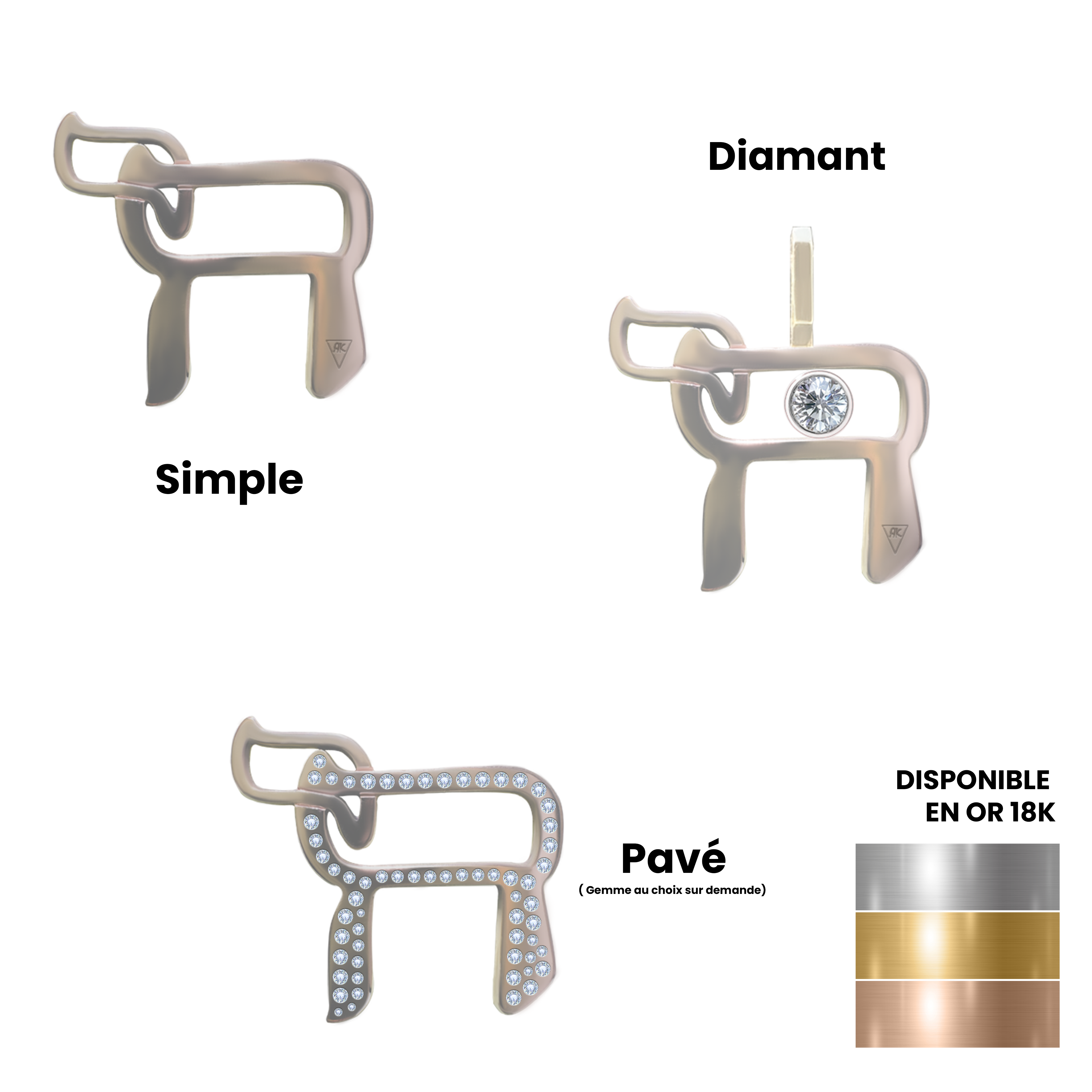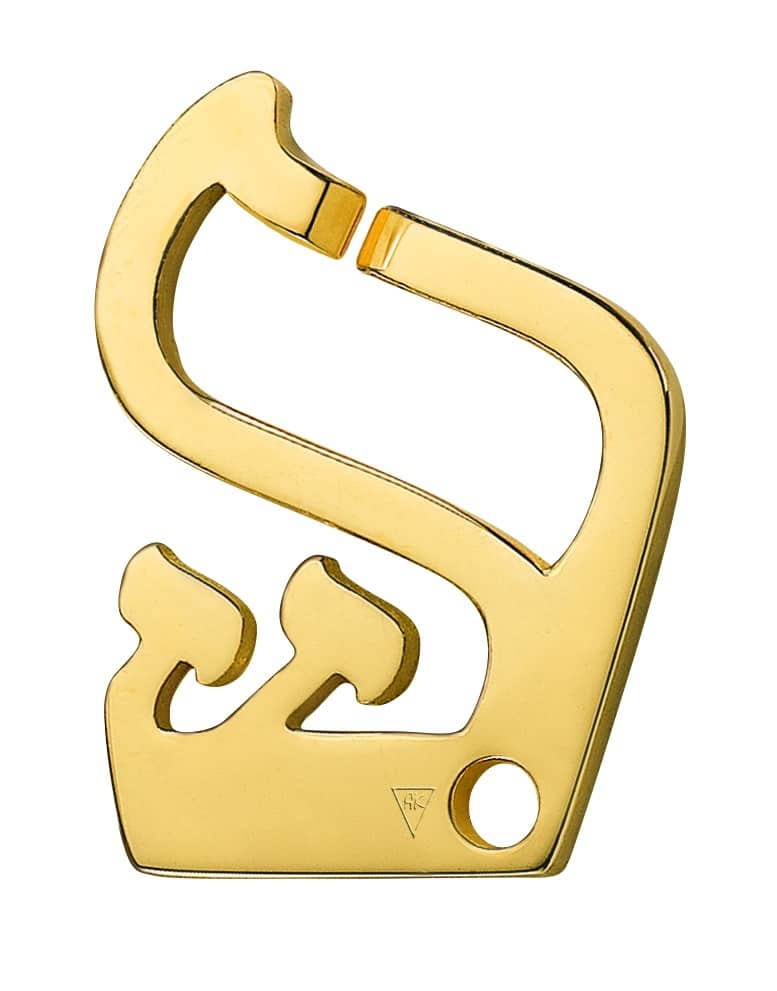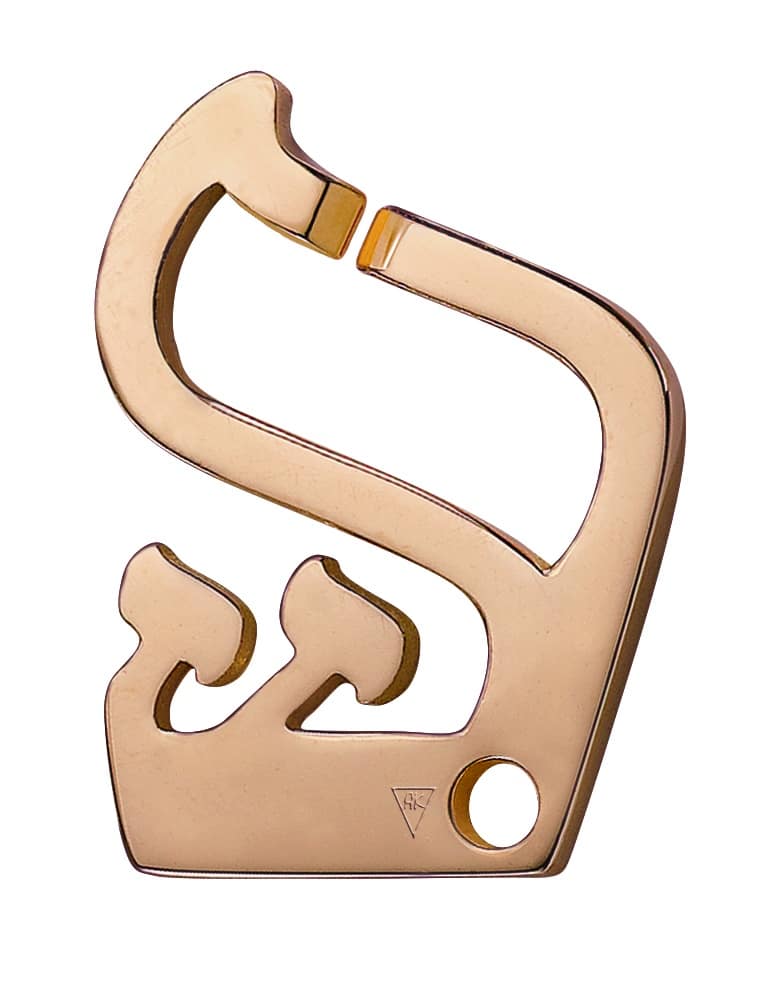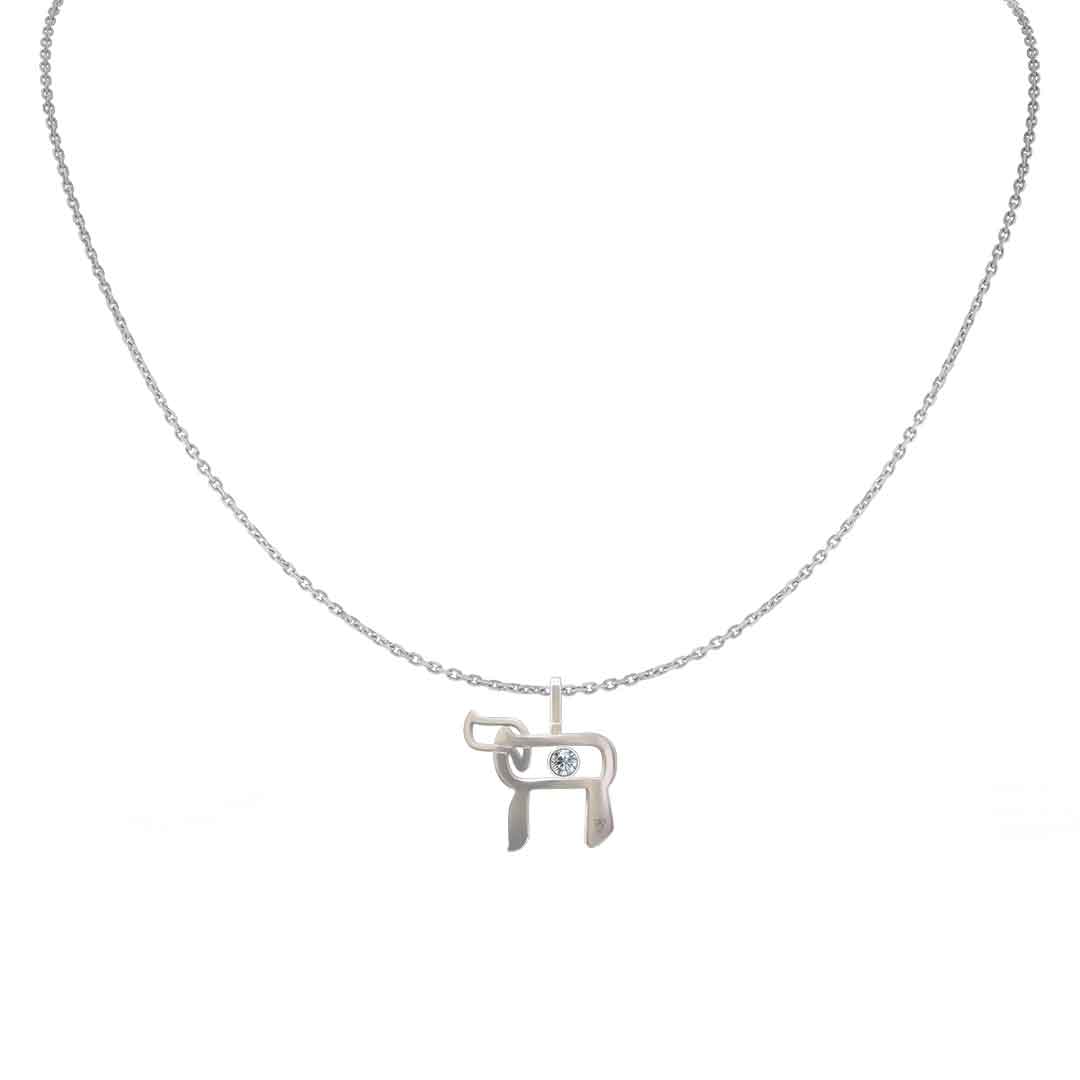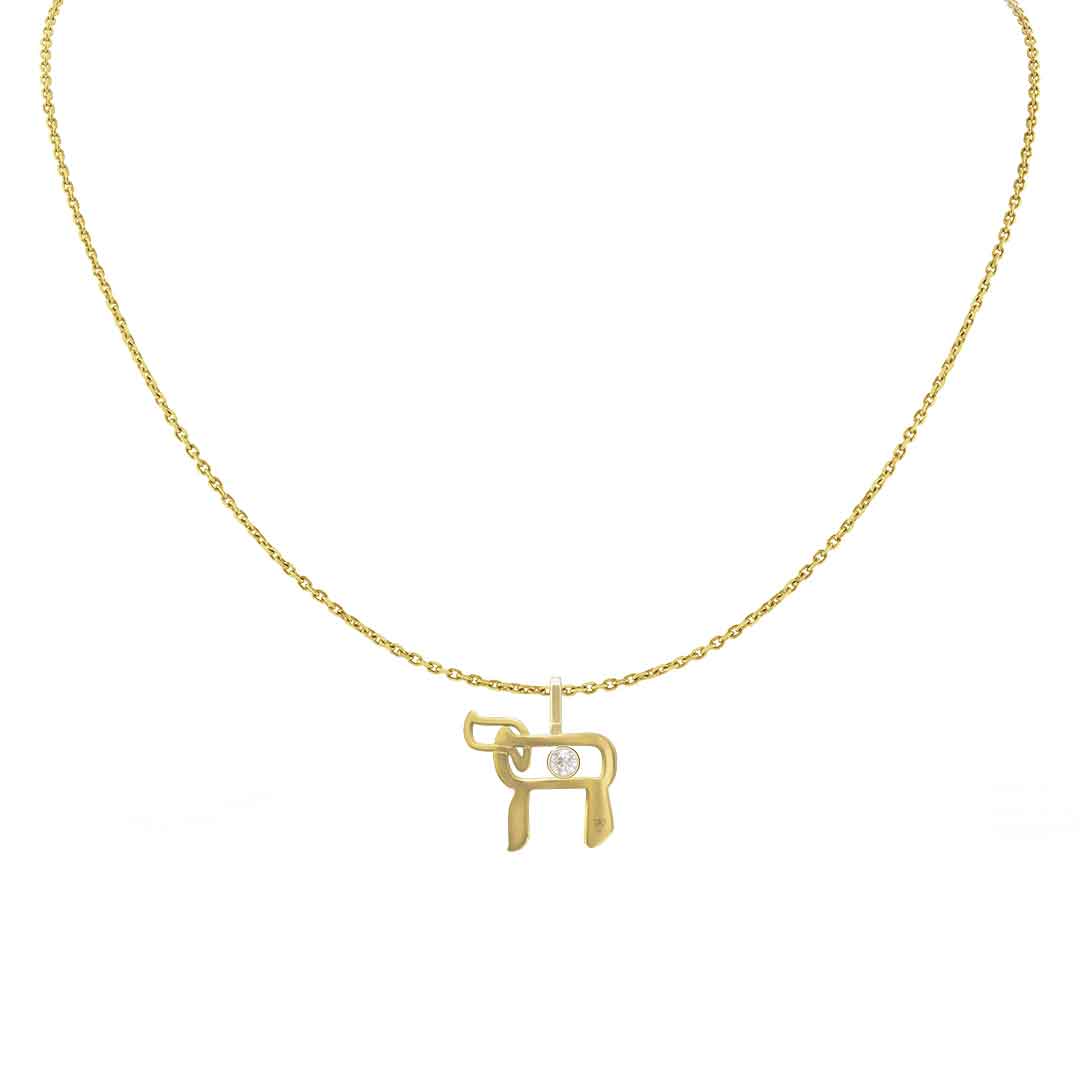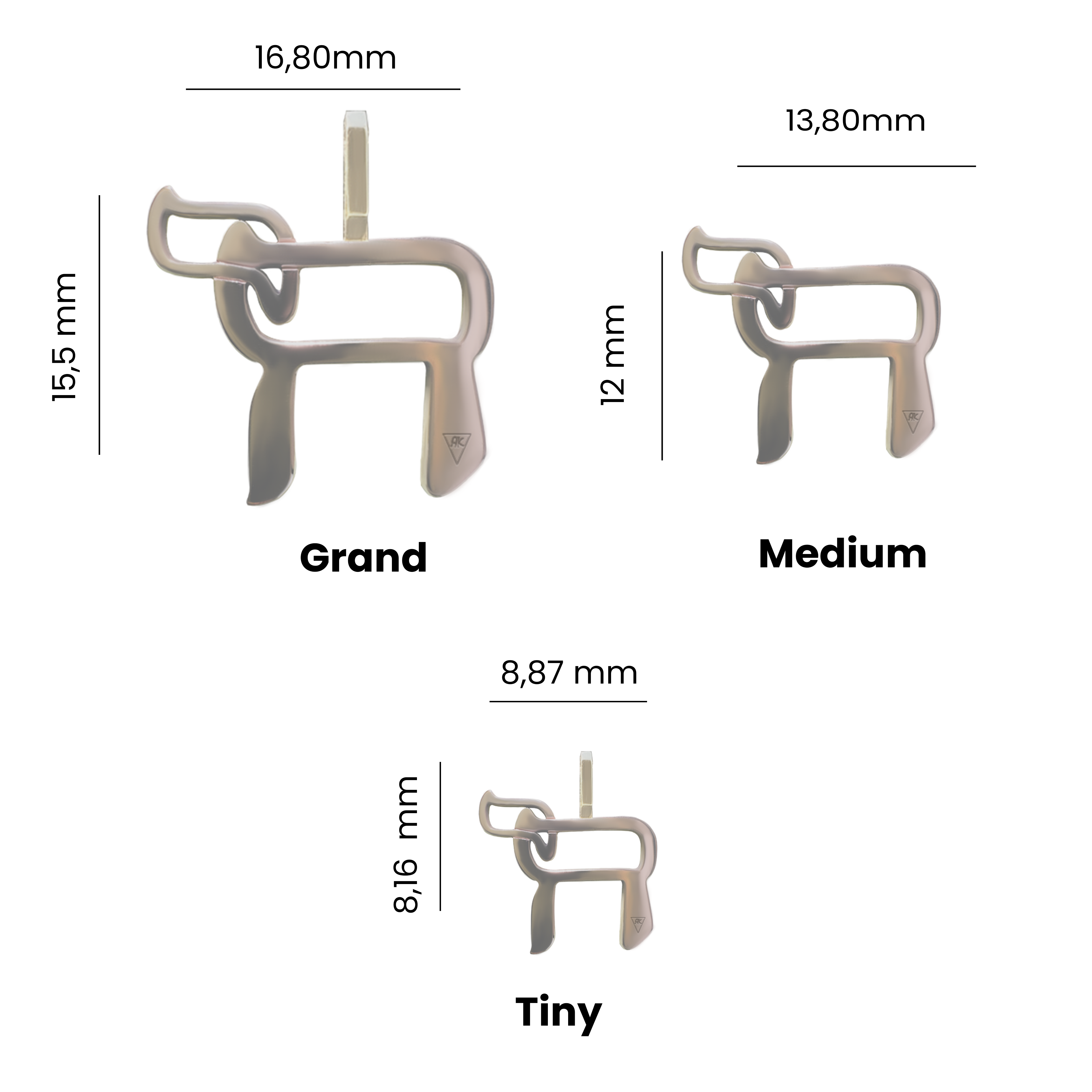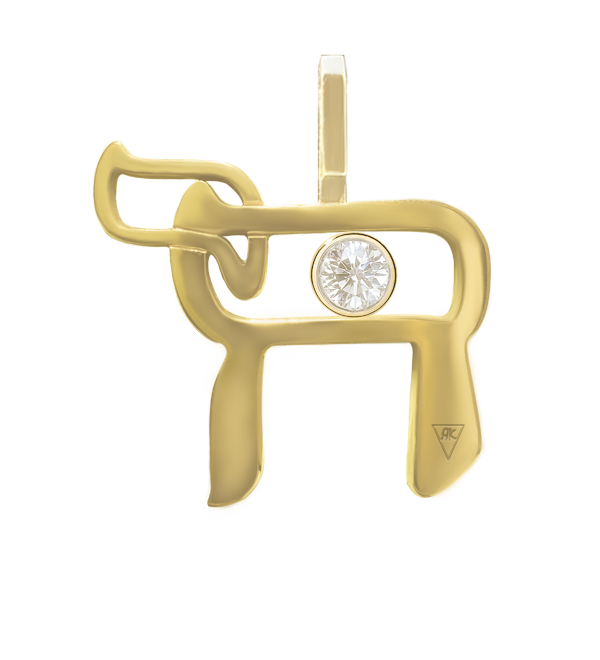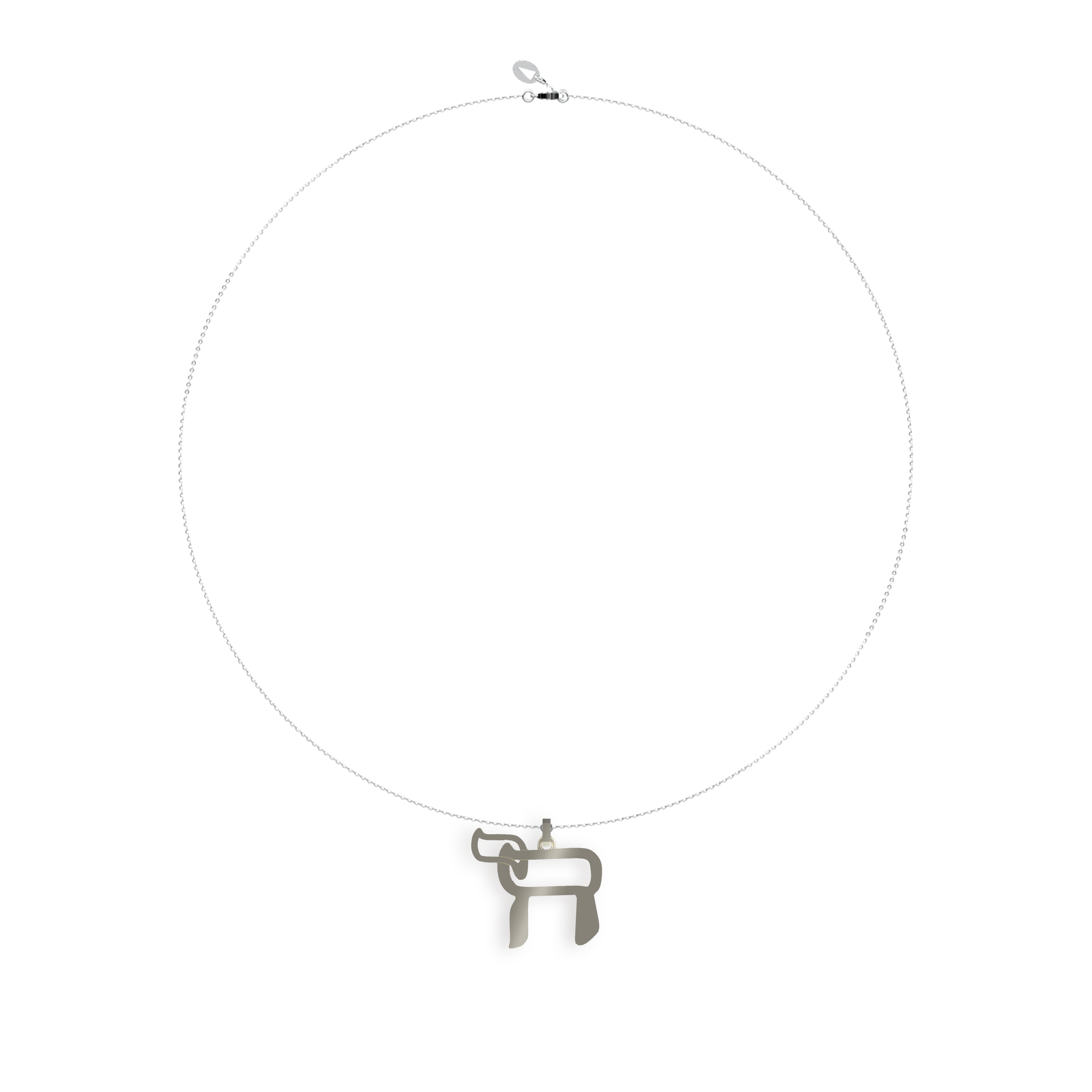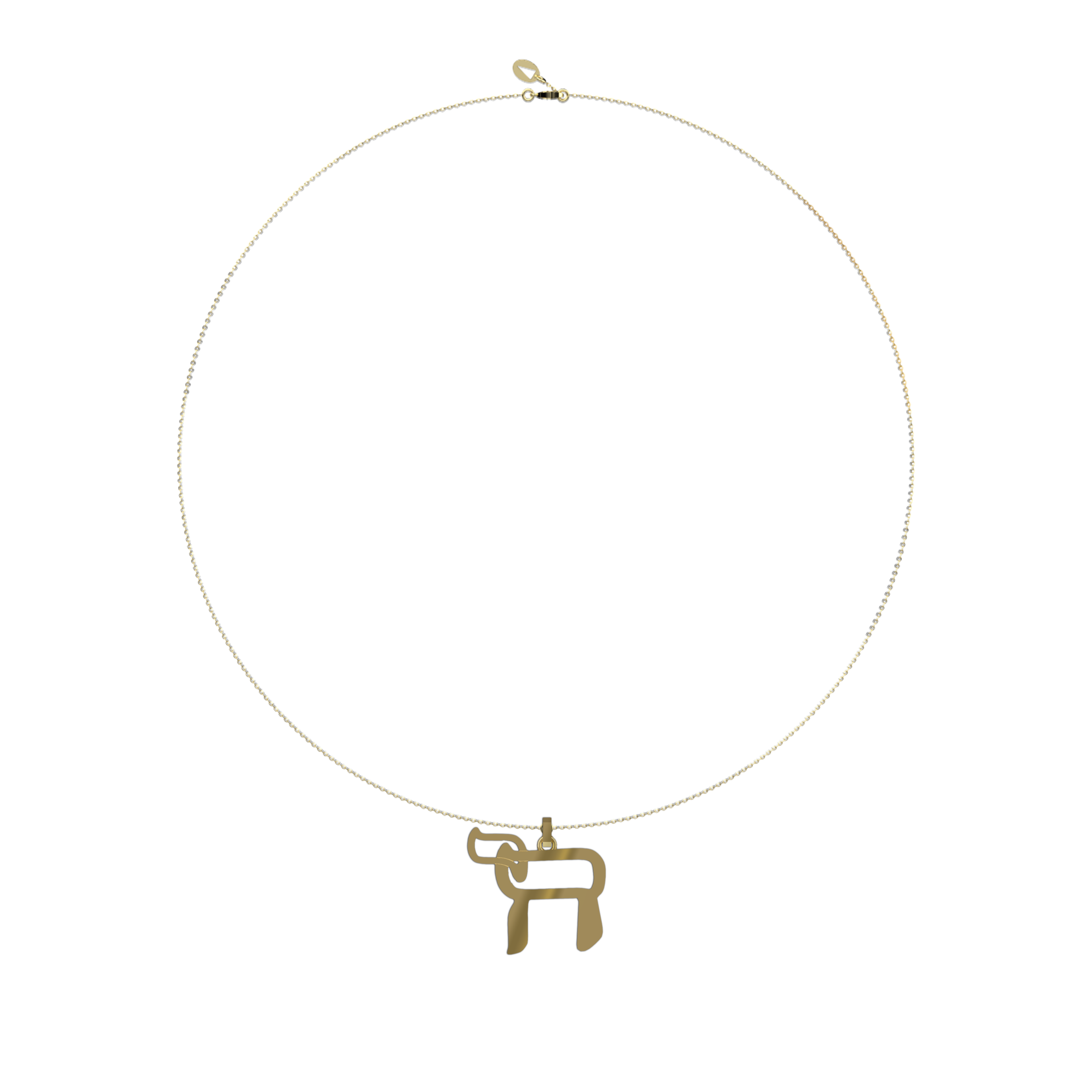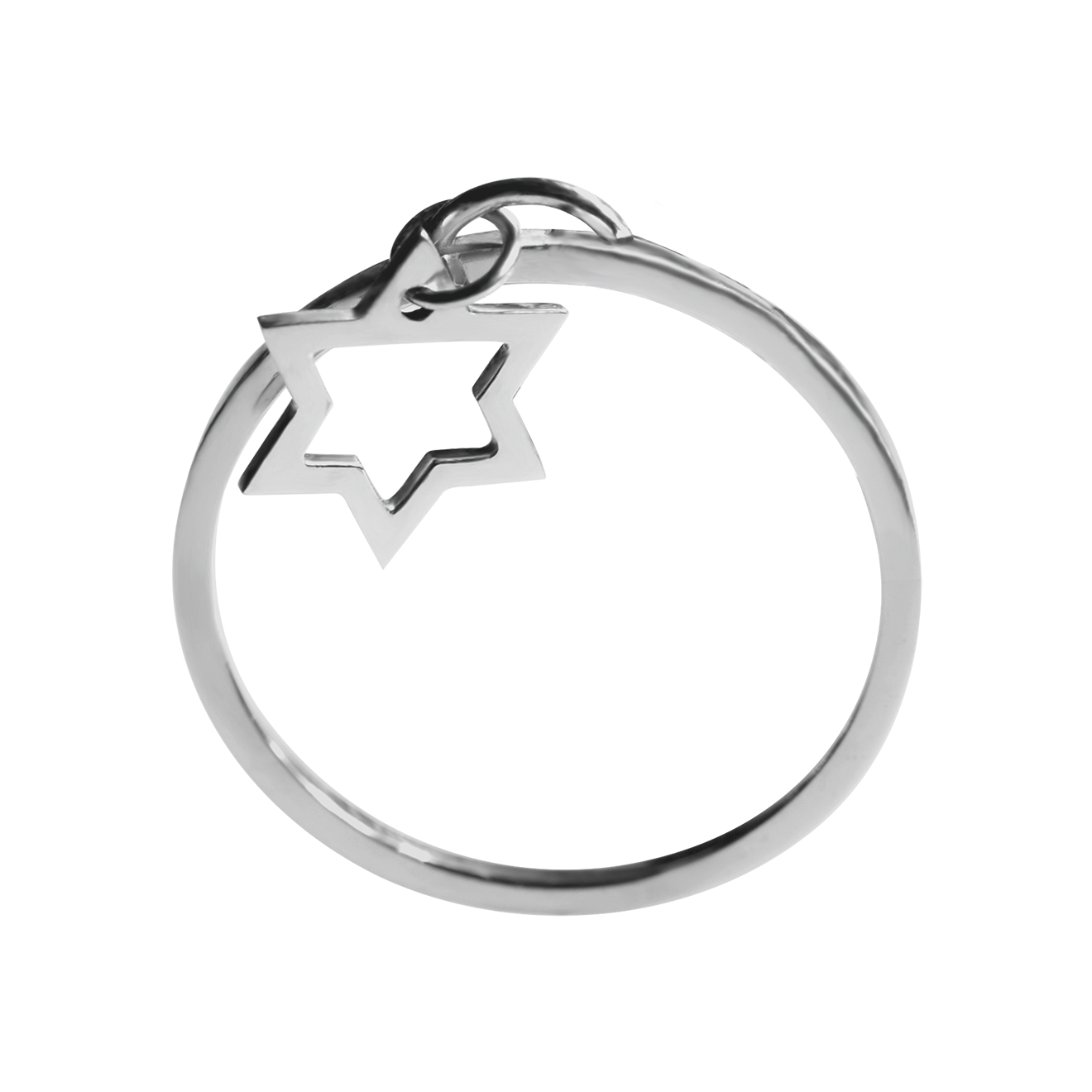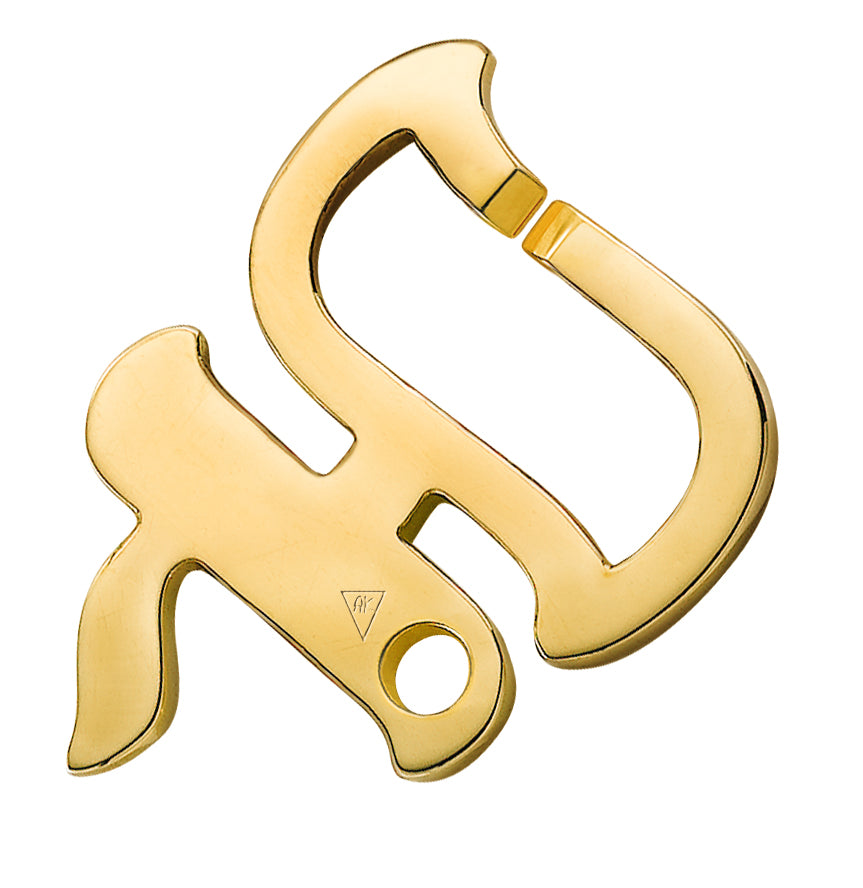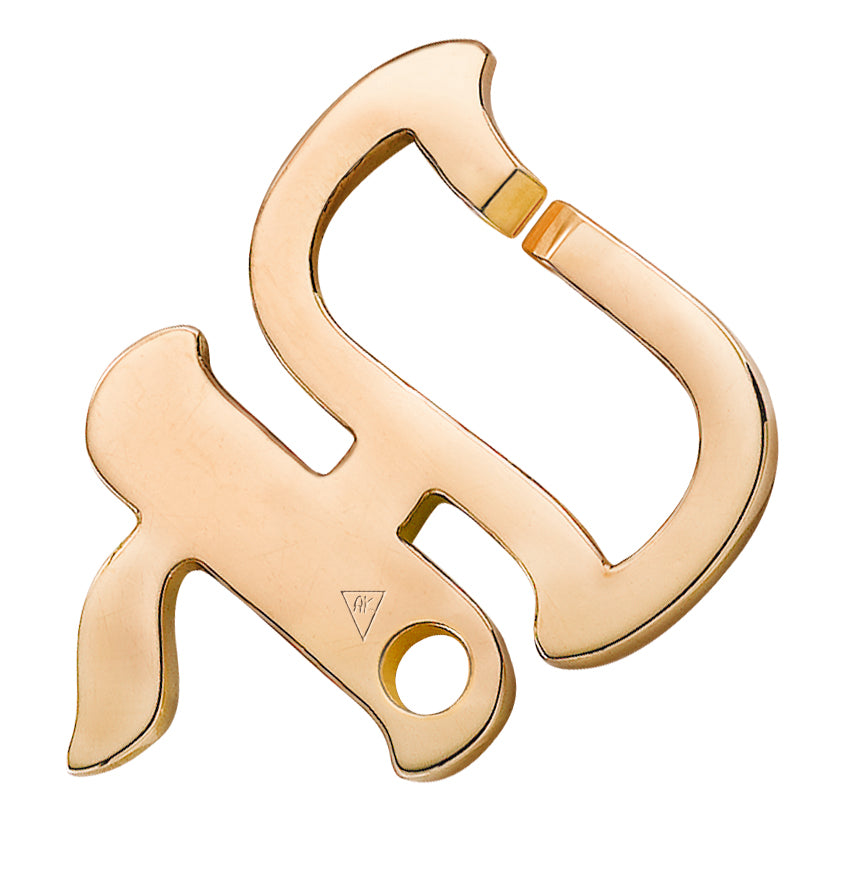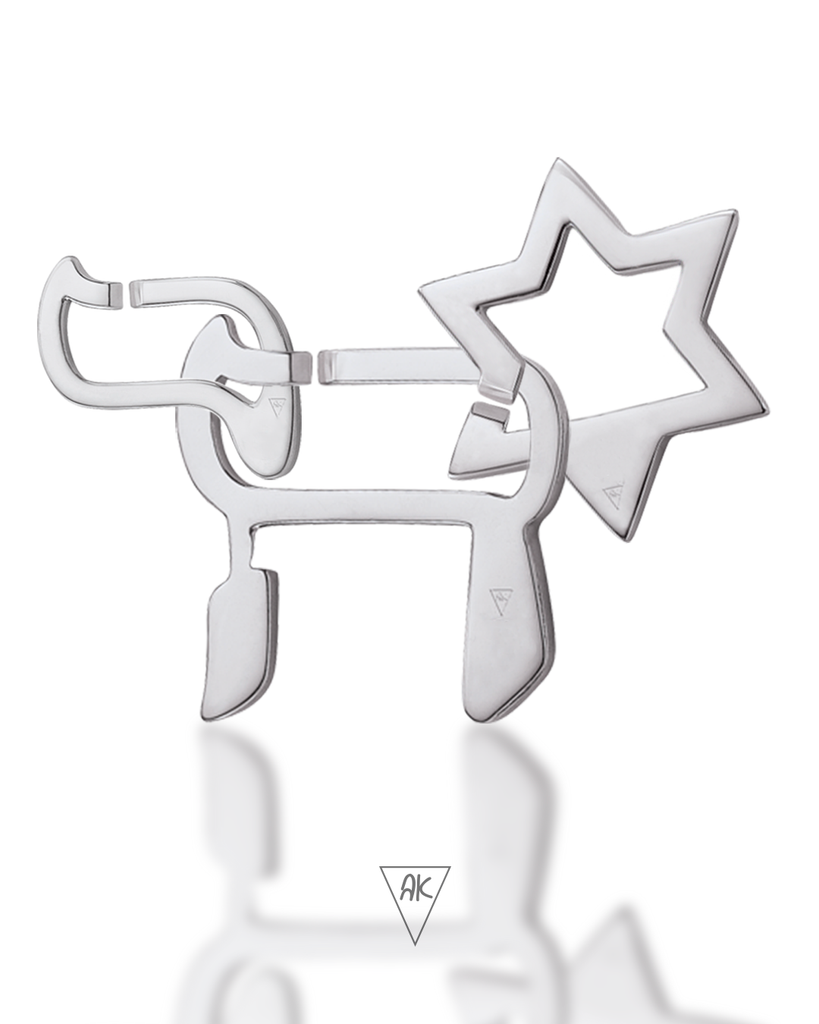
Magen David: A Jewish Symbol

Magen David, the impact of a Jewish symbol that stands out as a timeless icon. So, for those unfamiliar with this figure, a question may arise: Why the spelling "Maguen" instead of "Magen"? Let us explain.
Magen David: The Impact of a Jewish Symbol
Magen David is a Jewish symbol, literally translated as "shield of David" . The Magen David is a deeply revered emblem in Jewish tradition . Displayed with honor on various media such as flags, jewelry, and historical monuments. Its history dates back to antiquity. Although its fame increased during the Middle Ages.
Thus, the spelling variation of "Maguen" in comparison to "Magen" has its origins in the Hebrew language. Indeed, the Hebrew word "מגן" (Magen) means "shield", while "מגן דוד" (Maguen David) translates as "shield of David". Moreover, the use of the term "Maguen" highlights a more precise meaning. It allows us to underline the protective and symbolic dimension of the emblem, attached to the biblical figure of King David.
Magen David, a Jewish symbol
The adoption of "Maguen" reinforces the symbol's intimate connection to Jewish heritage, evoking the legendary exploits and wisdom of King David, who founded a robust empire and was a paragon of faith and bravery.
In short, over the ages, the Magen David has become much more than a simple symbol. It represents the solidarity, unity, and resilience of the Jewish people in the face of hardship and adversity. It is a constant reminder of the values and traditions that hold this diverse and vibrant community together.
Maguen David, the distinction with "Magen"
Thus, the distinction between "Maguen" and "Magen" goes beyond a mere linguistic difference; it provides a subtle nuance that enriches the scope and meaning of this historic symbol. Ultimately, whether written with a "u" or an "e," the Magen David continues to guide and unite, illuminating the path of those who move forward with faith and determination.

